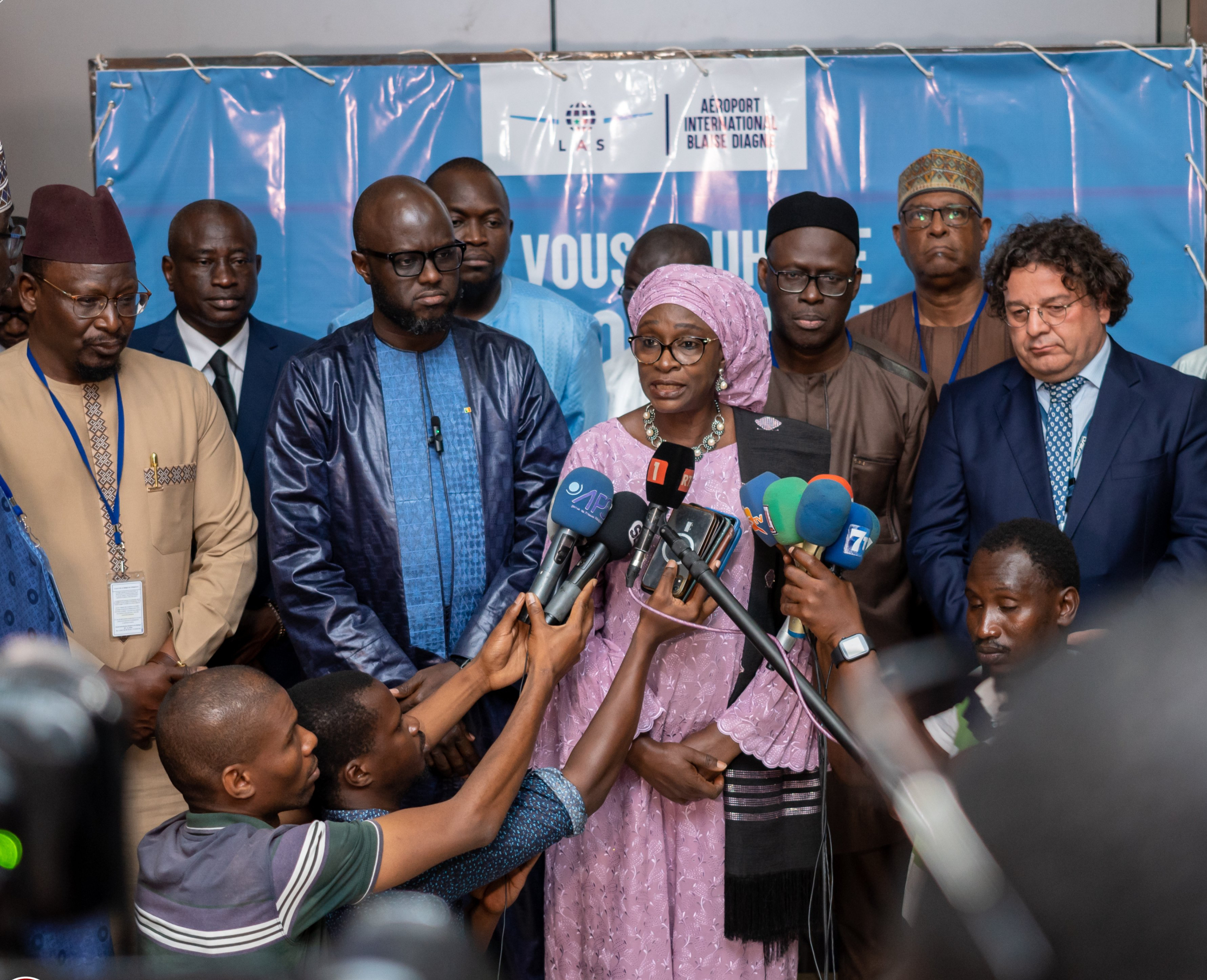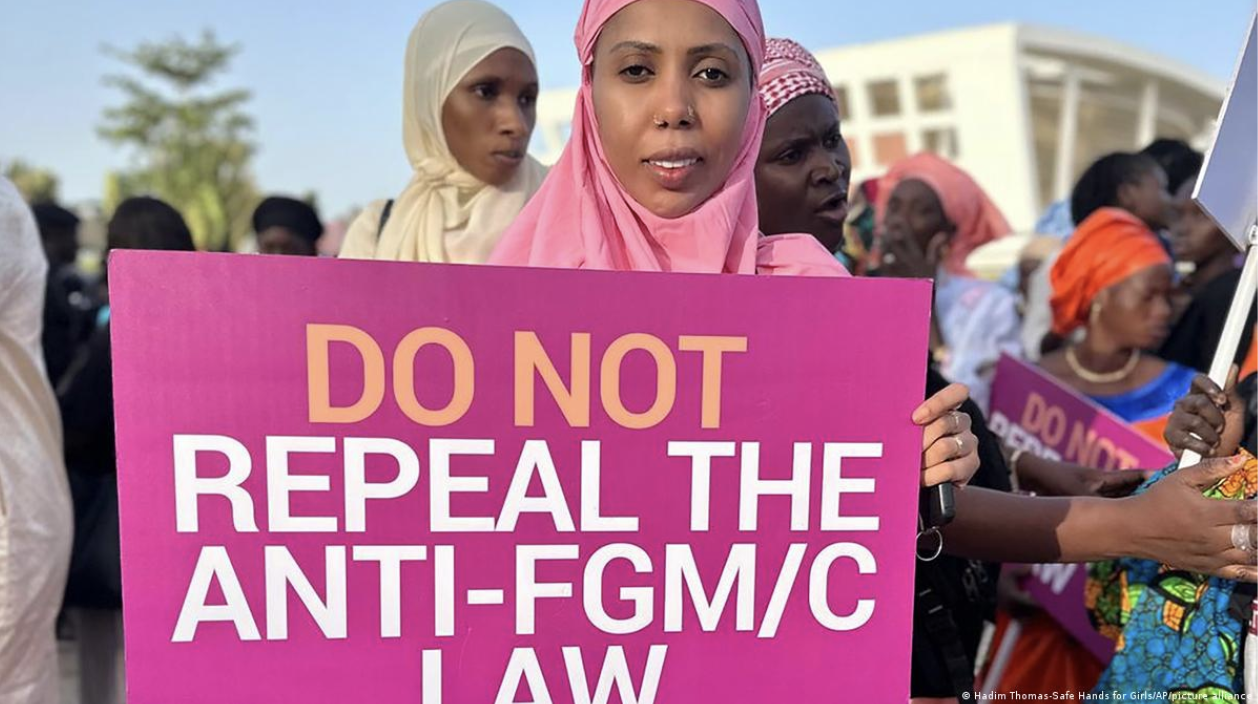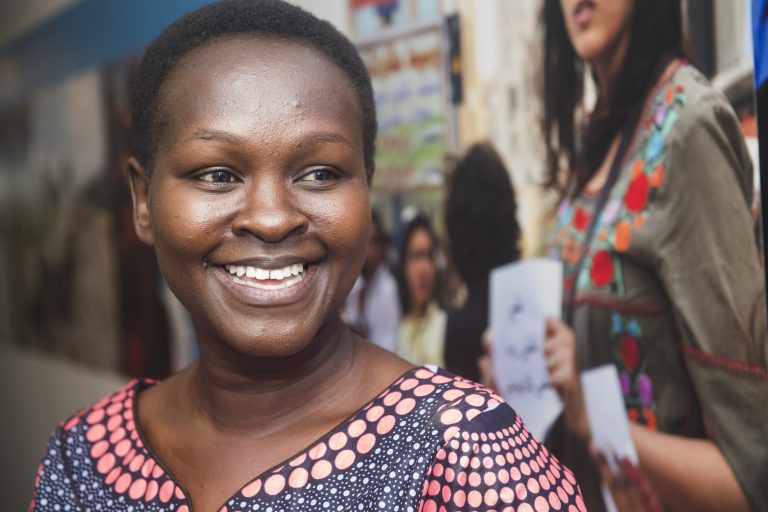We are excited to announce that Brink is now part of Africa Practice. Learn more
Presidential elections in March represented a watershed moment for Senegalese democracy, with Bassirou Diomaye Faye winning an unprecedented first round victory thanks to the support of political firebrand Ousmane Sonko. The two men may have forged a winning coalition, but the government’s actions have sparked concerns about women’s representation and gender sensitivity.
Polarising cabinet
Upon his inauguration as president on 2 April, Bassirou Diomaye Faye became the youngest head of state in Africa, at just 44-years-old. He then appointed Sonko as his prime minister, with the latter unveiling a government on 5 April. This cabinet was notable for its youth, but also for its lack of women. The government comprises only four women out of 34 positions, including 25 ministers, five secretaries of state, and four members of the president’s cabinet. This amounts to 13% female representation, down from 18% under the previous administration. The four women in the cabinet are:
- Yassine Fall, Minister of African Integration and Foreign Affairs
- Maïmouna Dieye, Minister for the Family and Solidarity
- Khady Diène Gaye, Minister of Youth, Sports and Culture
- Fatou Diouf, Minister of Fisheries and Maritime and Port Infrastructures
The lack of women in the cabinet surprised citizens, local civil society and international observers, as Senegal has historically supported gender equality. Indeed, as early as 2004, the government of President Abdoulaye Wade proposed the Solemn Declaration for Gender Equality in Africa, which was adopted by the African Union (AU). This was followed by a 2010 law which required “absolute parity” in all elective institutions. Faye’s predecessor, Macky Sall, worked to mainstream gender and women’s empowerment measures, serving as a HeForShe champion, and hosting an AU conference on positive masculinity in Dakar. These measures helped Senegal to ensure 47% female representation in the National Assembly, promoting Senegal to 4th in Africa and 13th worldwide in rankings of gender parity in the legislature.
There was a groundswell of public opposition to the male-dominated cabinet. The Citizens’ Collective for the Respect and Preservation of Women’s Rights in Senegal voiced its concerns over gender imbalance. Over 1,200 organisations and citizens raised awareness about the importance of female representation in decision-making roles, to ensure diverse perspectives necessary for inclusive and democratic governance. The Citizens’ Collective and various feminist organisations called for corrective measures, including appointing more women to national and administrative roles and strengthening gender units across ministries to ensure the comprehensive implementation of the National Strategy for Equity and Gender Equality (SNEEG).
Revised role
The replacement of the Ministry for Women, Family, and Child Protection with the Ministry for Family and Solidarities is likely to dilute the focus on women’s issues due to the broader range of tasks under its ambit, including family planning and reproductive health. Decree 2024-957 defines the responsibilities of the Minister of Family and Solidarity, integrating various roles related to family affairs and community development alongside some broad measures addressed at women. This indicates that financial resources are likely to be spread thin, leading to inadequate support for women’s programmes.
Moreover, the decree lacks concrete measures, raising the prospect of weak implementation and limited accountability. For instance, the ministry should assume responsibility for SNEEG, which runs until 2026; however, the law does not address the strategy. This raises questions over the ministry’s ability to promote an institutional, socio-cultural, legal and economic environment that supports women. This may fall outside the mandate of Minister for Family and Solidarities Maïmouna Dieye, who had a background in civil society prior to entering politics as mayor for the Dakar neighbourhood of Patte d’Oie.
Ultimately, the new government looks to be distancing Senegal from Western norms around gender and women’s rights. Prime Minister Sonko has warned that Western activism in favour of sexual minorities and the pushing for gender-related initiatives could lead to tensions with international donor partners. On 16 May, during a speech at Université Cheikh Anta Diop (UCAD), Sonko argued that attempts to impose Western lifestyles and ideologies on other countries could be considered a cultural imposition, stating that these external efforts clash with local values and traditions, leading to significant resistance and conflict.
Sonko has cautioned donors about making gender mainstreaming a requirement for financial partnerships. His comments suggest that donors seeking to integrate gender rights into international programmes will be perceived as coercive and disrespectful of Senegalese cultural norms. In the same vein, Sonko has asserted that Western advocacy for sexual minorities can foster anti-Western sentiment.
Behind the curtain
However, the government has thus far displayed a relatively pragmatic approach when engaging with international partners, rather than seeking to upend relations. Indeed, contrary to Sonko’s rhetoric and the lack of female representation, women are assuming key roles in the presidency. On 12 May, Fatou Kiné Diakhaté was appointed Deputy Chief of Staff to President Faye, marking a significant milestone as she became only the second woman to hold this position.
Diakhaté has been an active member of the PASTEF party, which was founded by Sonko, but dissolved by then-President Sall in July 2023, before being reinstated after Faye’s presidential victory in March 2024. Diakhaté previously served as Executive Secretary and later as Coordinator of the National Movement of Patriotic Cadres in the diaspora. She is also a member of the Political Bureau of PASTEF as Deputy National Secretary in charge of the diaspora. Like other key figures in the new administration, Diakhaté completed her studies abroad and then worked at a series of French banks and development agency AFD.
At the 22 May meeting of the council of ministers, President Faye proposed to develop a framework for a law focused on the sustainable economic empowerment of women, suggesting a belated attempt to address concerns. This initiative is set to be developed in collaboration with all women’s organisations in Senegal, in an attempt to secure greater public buy-in. Faye has emphasised the centrality of women and their role in strengthening families in Senegal and highlighted their crucial role in the ruling party’s economic, social, and cultural development projects. He also requested an audit of mechanisms and instruments for promoting women’s economic and social status and updates to plans and strategies to enhance their autonomy.
The administration’s mixed signals – initially reducing female representation, but later proposing supportive measures – reflect a complex stance on gender issues. This dual approach may be influenced by the need to balance local cultural norms with international expectations. Ultimately, Faye’s recent actions suggest an evolving strategy that aims to reconcile these conflicting pressures.
Proud to be BCorp. We are part of the global movement for an inclusive, equitable, and regenerative economic system. Learn more



